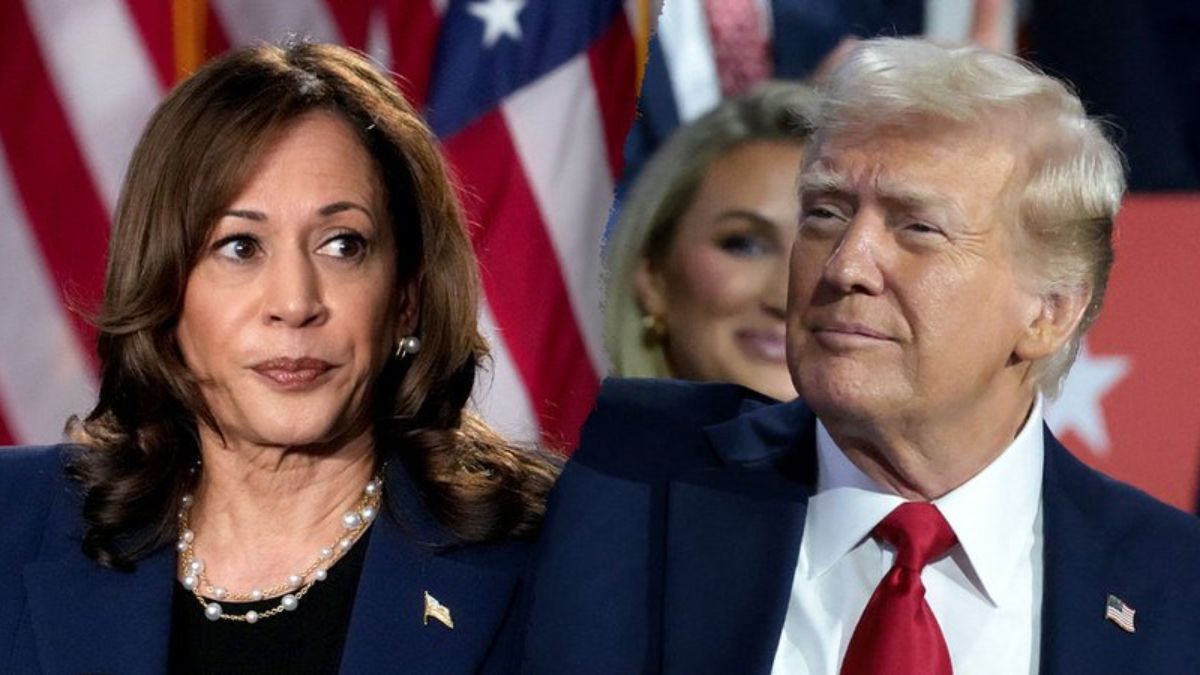As the 2024 presidential election approaches, Nebraska’s 2nd Congressional District has emerged as a potential game-changer. This single district, which includes Omaha and the Council Bluffs area, could play a pivotal role in deciding the outcome of the election due to Nebraska’s distinctive method of allocating its Electoral College votes.
The victor of each of Nebraska’s three congressional districts receives one Electoral College vote, in contrast to the majority of states that use a winner-take-all system. The candidate who receives the most votes overall in the state receives the final two. In a close contest, this novel strategy might give Nebraska’s 2nd District disproportionate power.
Historically, Nebraska’s 2nd Congressional District has shown variability in its political leanings. President Joe Biden won the district and its single electoral vote in 2020, while former President Donald Trump took the district in 2016. The district also supported Sen. Mitt Romney in 2012 but favored Barack Obama in 2008. This fluctuating nature makes the district a key battleground in the current election cycle.
The district’s significance could become especially pronounced in a close election. If the presidential race ends up being extremely tight, with major swing states such as Michigan, Pennsylvania, and Wisconsin remaining undecided, Nebraska’s 2nd District could become the deciding factor. For instance, if Vice President Kamala Harris wins the “Blue Wall” states and Trump secures all other major swing states, the Electoral College vote could result in a narrow 269-268 advantage for Harris. In such a scenario, winning Nebraska’s 2nd District could push Harris over the 270-vote threshold, while Trump’s victory there could result in a 269-269 tie, sending the decision to the House of Representatives.
This potential for a deciding role highlights why both parties will likely focus on this district. Republicans, in particular, see an opportunity in the district’s historical unpredictability and its Partisan Voting Index Score of “EVEN,” which reflects a voting pattern closely aligned with the national electorate.
As political strategist Jimmy Keady notes, with the Democrats supporting a nominee who has yet to gain broad national traction, Republicans have a chance to win this critical seat by emphasizing issues like the economy, immigration, and public safety.
In summary, Nebraska’s 2nd Congressional District may not have been a major player in past elections, but its unique role in the Electoral College system and its historical voting patterns make it a crucial focus as the 2024 election approaches.


